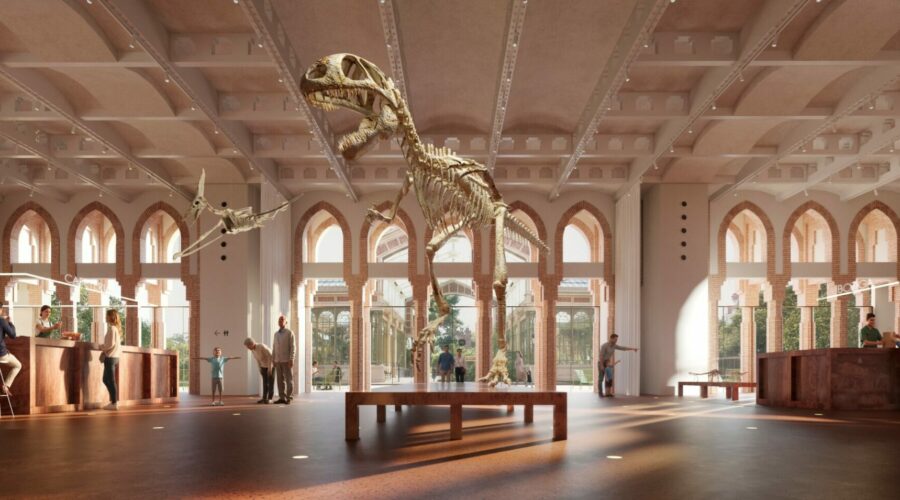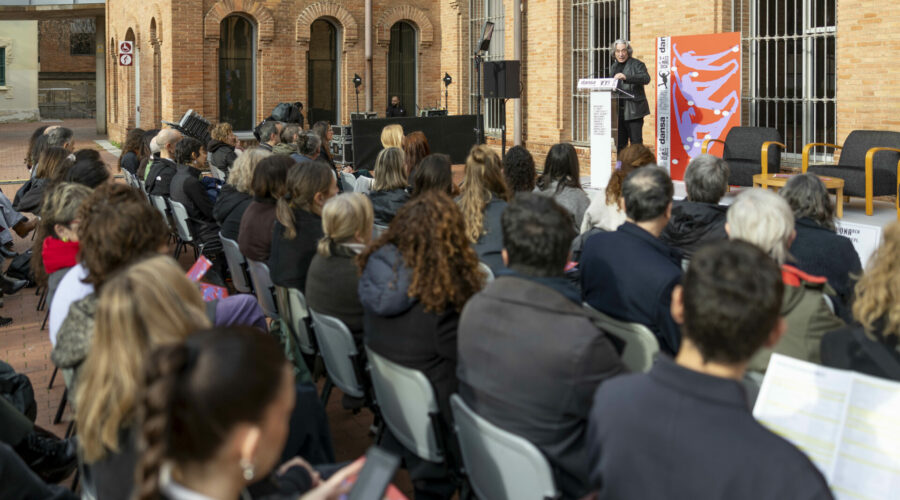
Barcelona has reached a significant demographic milestone. With a population of 1,702,814 people, the city has recorded its highest population since 1991. This remarkable growth has been driven largely by the increase in the foreign population, which now represents 25.4% of the total number of residents.
The increase in the foreign population is one of the most important factors in Barcelona’s demographic growth. In 2023, the foreign population increased by 10.4%, reaching a total of 432,556 people. This figure is a record in both absolute and relative terms.
The diversity is remarkable, with residents from 180 different nationalities. The main countries of origin include Italy, Colombia, Pakistan and China. This migratory flow has enriched the city’s cultural diversity, but also poses challenges in terms of integration and public services.
Barcelona reaches its highest population since 1991
The average age of Barcelona’s inhabitants is 44.4 years, a figure that has remained relatively constant. However, the city has seen a significant increase in its centennial population.
Currently, there are 1,007 people over 100 years old, 83.7% of them women. This increase reflects longer life expectancy and advances in health care.
Despite population growth, Barcelona faces a challenge with its low birth rate. In 2023, just over 11,000 births were registered, the lowest number since 1900, except for 1939, at the end of the Civil War.
This low birth rate trend, combined with a high life expectancy, contributes to a negative natural balance of 3,661 persons, although this is offset by a positive migratory balance of 54,205 citizens.
Likewise, the increase in the foreign population and cultural diversity bring with them significant challenges in terms of integration. It is essential that public policies be adapted to provide adequate services, such as education, health and housing, to meet the needs of an increasingly diverse population. In addition, to promote social cohesion and combat discrimination.
Population growth also has economic implications. A larger population can stimulate the local economy, increasing demand for goods and services. However, it is also crucial to ensure that there are sufficient job opportunities for all residents.
The arrival of immigrants can be beneficial for labor-intensive sectors, but it can also put pressure on the labor market if employment policies are not properly managed.
People living alone
One third of the 676,130 households in Barcelona are inhabited by people living alone. This phenomenon can be attributed to several factors, including changes in family dynamics and the aging of the population.
In addition, there has been an increase in the number of households with foreigners, balancing mixed households and those in which all members are foreigners.



